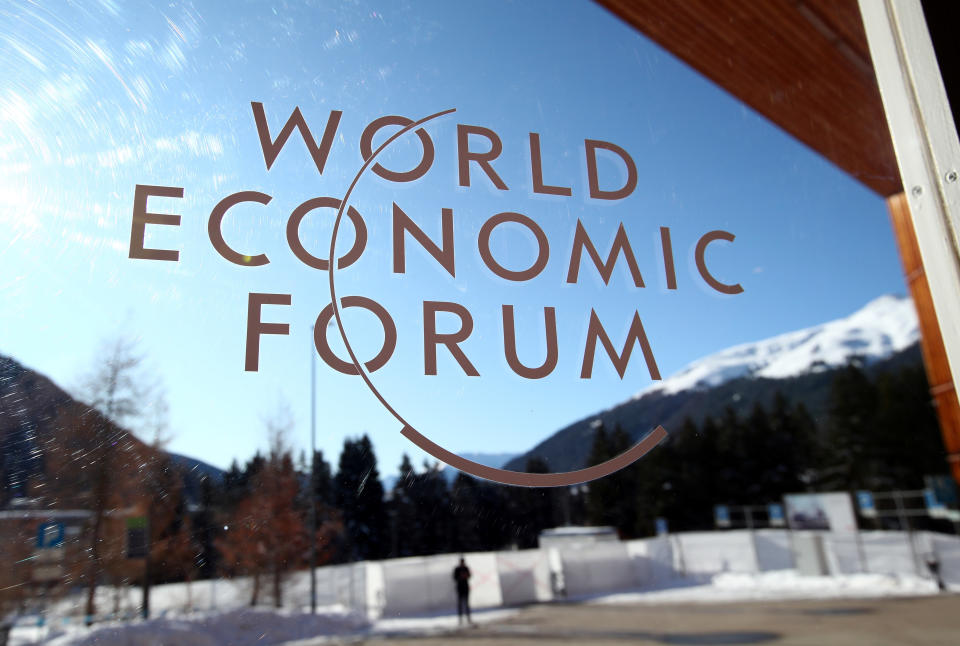Expert says humans enjoy a $125tn subsidy from nature

Businesses across the globe are “highly subsidised” to the tune of $125 trillion (£96.1tn) by the planet, an expert told the summit of world leaders at Davos.
Kristin Rechberger, CEO of nature-focused investment firm Dynamic Planet, said markets failed to account for the “services” of the global ecosystem.
She highlighted the eye-catching figure as the value of natural resources, which featured in research by the World Wildlife Fund in its Living Planet Index.
The research noted the significance of energy, land, water, and other natural resources for human existence, and warned over deforestation, overfishing, and climate change’s impact as populations have grown.
“We’re getting tonnes of stuff for free,” said Rechberger, but she warned the resources were being depleted. “The overuse of the natural earth is costing us around $2tn a year, and could go up to $28tn a year if these trends continue.”
She said expanding the natural world was vital to get the planet “back in balance,” but was not discussed as much as other key steps like renewable energy and more efficient food production.
READ MORE: World’s elite head to Switzerland for Davos 2020
“The most cost-effective thing to do is to have more nature,” she said. “If we weighed all the terrestrial mammals on the planet right now, 4% are wild. The rest are livestock and human. We’ve domesticated our world in a huge way.”
She highlighted new global targets and an upcoming global summit on government natural protection efforts in China, aimed at a “Paris agreement for nature.”
The UN unveiled a blueprint to make 30% of the planet protected areas by 2030 earlier this month.
READ MORE: Oxfam says world’s top billionaires richer than 60% of global population
The comments came at a panel event at the World Economic Forum (WEF)’s high-profile annual gathering of political, business and charity leaders.
The WEF summit takes place every year in the town of Davos, a ski resort in the Swiss Alps.
More than 3,000 guests are attending Davos 2020 throughout this week. “Stakeholders for a cohesive and sustainable world” is the official theme, with climate change in particular high on the agenda.
Organisers hope the annual event will facilitate discussion and collaboration to tackle major international issues among some of the most powerful people in the world.
But the summit, typically labelled ‘Davos’ after the host town, has become a lightning rod for criticism of global capitalism and the world’s elite.

 Yahoo Finance
Yahoo Finance 